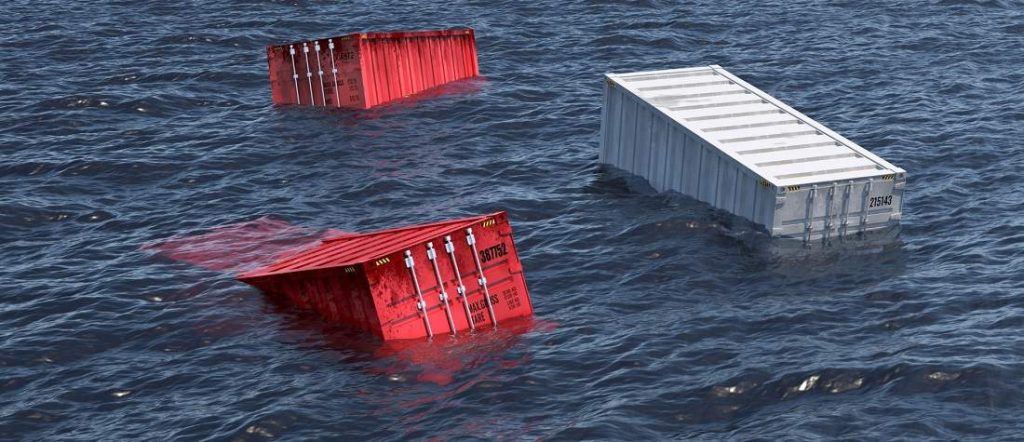A simple definition of the word insurance would be “Protection against future loss.” Marine insurance is another variant of the general term ‘insurance’ and as the name suggests is provided to ships, boats and most importantly, the cargo that is carried in them.
Marine insurance is very important because through marine insurance, ship owners and transporters can be sure of claiming damages especially considering the mode of transportation used. Of the four modes of transport – road, rail, air and water – it is the latter most which causes a lot of worry to the transporters not only because there are natural occurrences which have the potential to harm the cargo and the vessel but also other incidents and attributes which could cause a huge loss in the financial casket of the transporter and the shipping corporation.
Incidents like piracy and possibilities like cross-border shoot-outs also pose a major threat when it comes to water transportation and therefore in order to avoid any loss because of such events and happenings, in the interest of the corporation and the transporter, it is always beneficial to have a back-up like a marine insurance.

Another important aspect of having marine insurance is that a transporter can choose the insurance plan as per the size of his ship, the routes that are taken by his ship to transport the cargo and many such minor points which could go a great length in affecting the transporter majorly.
Also, since there are various plans and policies which indicate about covering not just the cargo but also the vessel, the transporter can choose and avail of the best policy that suits his business the best.
However, as much as marine insurance provides fair claim to transporters and corporations, it has to be understood that marine insurance is also one of the trickiest and strictest insurance areas right from the time the concept of marine insurance commenced – i.e. from the 17th century onwards.
While dealing with the scope and range of marine insurance, it is very important that a ship’s captain follows a rigid protocol in terms of the route taken and the time taken for the cargo and the vessel to reach the intended port of destination. Because if there is any discrepancy or violation in terms of the route taken, i.e. if the captain varies or digresses in his route from the one originally intended as a part of the ship’s course, then even if there is any mishap occurring to the vessel or the cargo, the insurance claim will be rejected completely without any possibility of the claim being reimbursed to the claimant at some future date after a few tough negotiations.
Therefore it becomes very important that a ship’s captain takes due consideration about the prescribed routes so as to avoid a failed insurance contract because of an unplanned loss due to the deviation in the route. This would bring about not just caution on the part of the captain but would also reduce the possibility of losing important insurance claims because of inadvertence and negligence.
Marine insurance is a safe haven for shipping corporations and transporters because it helps to reduce the aspect of financial loss due to loss of important cargo. Also, it helps to bring about to the transporting companies and to the receiving parties, the duty, dedication and the straightforwardness of the insurance companies.


